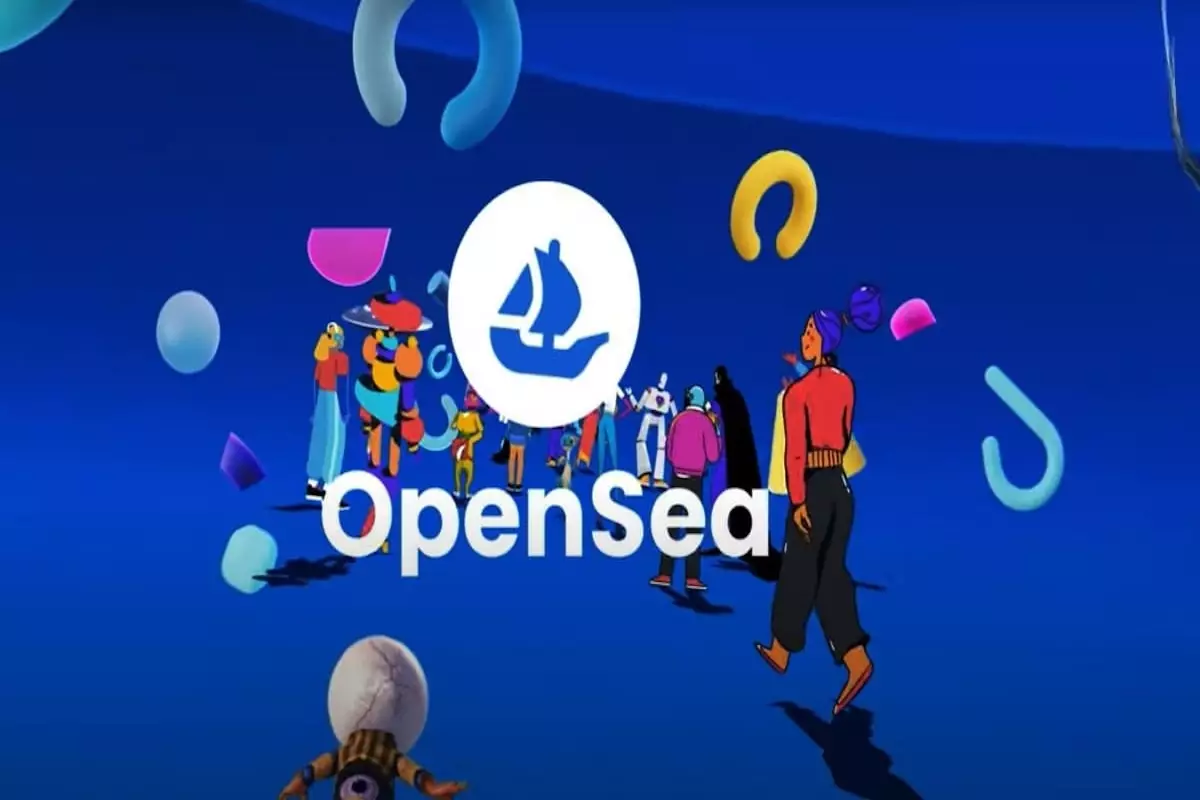The NFT landscape continues to evolve, and at the forefront of this evolution is OpenSea, one of the leading NFT marketplaces globally. Recently, the platform’s decision to register in the Cayman Islands—a jurisdiction noted for its crypto-friendly policies—has stirred considerable excitement among users and industry experts alike. This strategic move raises speculation around a potential token launch, further reinforcing OpenSea’s aim to reinvigorate the NFT ecosystem.
By establishing its operations in the Cayman Islands, OpenSea is not merely attempting to skirt regulatory hurdles; it is strategically positioning itself to thrive in a burgeoning market. The Cayman Islands offer an appealing environment for crypto ventures, allowing for token issuance without stringent restrictions. Many analysts believe this could lead to the development of a token specifically for OpenSea, possibly incentivizing early adopters as a token airdrop. Such a move could serve dual purposes: enhancing community loyalty and escalating trading volumes on the platform.
As numerous projects are competing for attention in the crowded NFT space, OpenSea’s pivot to the Caribbean could serve as a catalyst for increased engagement. The sentiment among current users is palpable; they anticipate that that any token rewards tied to their historical participation and trading will recognize their loyalty. This could create an even more robust community where users feel valued and engaged.
There’s a growing buzz in the NFT community about the impending launch of the so-called OpenSea token. Many users are hopeful that this will crystallize into a well-planned airdrop, rewarding those who have supported the platform over the years. The discussions also hint at a desire for a user-centered approach—one that collectively emphasizes loyalty as a means of attracting both existing and new users.
If executed effectively, this token launch could generate a ripple effect. A sudden influx of rewards might spur increased trading activity, attracting a diverse array of users—both experienced traders and newcomers curious about the NFT landscape. In this scenario, OpenSea could not only reclaim its dominance but also stimulate broader interest across the NFT space, potentially prompting other platforms to follow suit and introduce their own community incentives.
Parallel to the anticipated token launch, OpenSea is also gearing up for an “OpenSea 2.0” update, aimed at revolutionizing user interaction with the platform. New features may include support for Bitcoin Ordinals and various user-centric functionalities, such as leaderboards that could gamify the NFT trading experience. Such enhancements are expected not only to enrich user engagement but also to serve as a springboard for the anticipated token airdrop.
These innovations underscore OpenSea’s commitment to evolving in response to user feedback. The inclusion of community-driven features would signal a paradigm shift—transforming OpenSea from a marketplace into a community-oriented platform capable of fostering deeper connections among users.
The establishment of the OpenSea Foundation and its registration in the Cayman Islands signal a strategic long-term vision that aligns with the growing demand for robust governance in the crypto space. The incorporation into a crypto-friendly jurisdiction could also enable OpenSea to explore more pioneering ways to engage its audience, setting a precedent that may force competing platforms to rethink their value propositions and user engagement strategies.
The prospect of a token would herald a new era for OpenSea, potentially creating a domino effect across the NFT marketplace. A structured token release could invigorate the market, prompting a phenomenon similar to the “Magic Tickets” initiative seen in other platforms, which successfully boosted community engagement through strategic giveaways.
OpenSea’s move to the Cayman Islands is not merely a logistical maneuver; it’s a strategic initiative that could redefine its role in the NFT market. As industry watchers keenly observe developments, the anticipation surrounding a potential token and the upgrades introduced in OpenSea 2.0 may represent a decisive moment for revitalizing interest across the NFT space.
If executed judiciously, OpenSea stands to transition from being a mere marketplace to a vibrant community hub that rewards both historical support and future participation. The coming months are set to be significant, with many hoping to witness the flourishing of OpenSea into a robust platform that reintegrates itself at the forefront of the digital collectibles world. As we await these developments, one truth remains clear: OpenSea’s actions today could very well shape the future of the NFT landscape for years to come.
















Leave a Reply